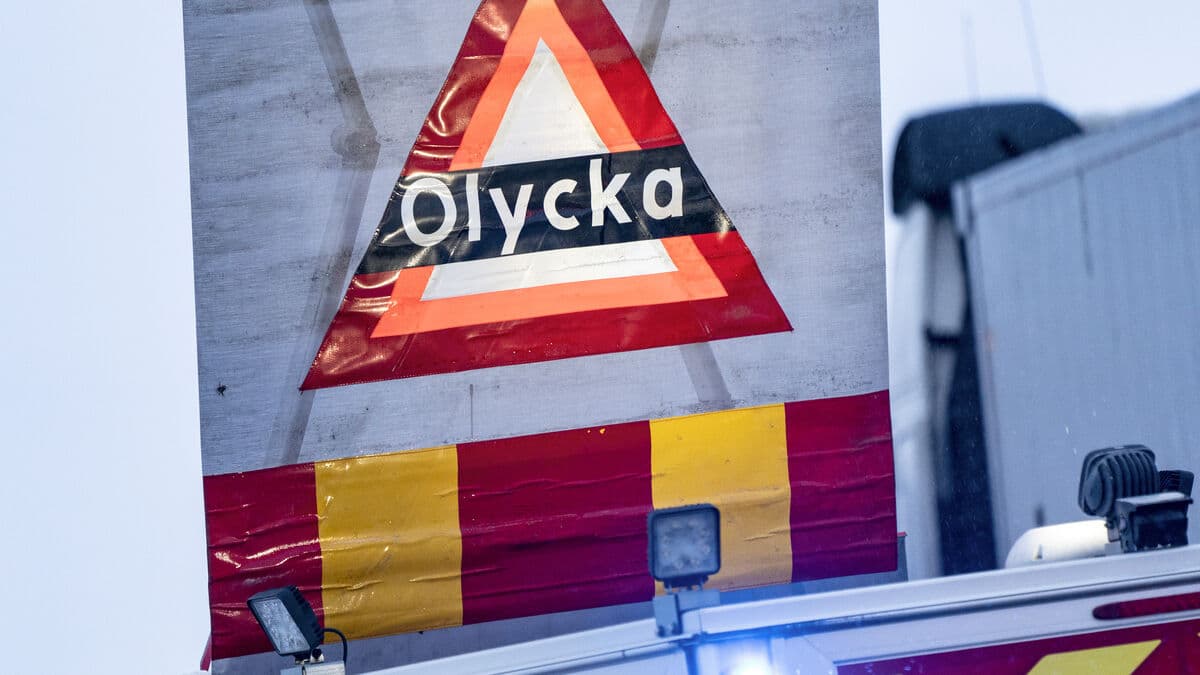The interest rate on a two-year Swedish government bond falls to 1.66 percent – one of the lowest levels in two years. The krona simultaneously loses almost ten öre against the dollar to a rate of 10.24 kronor.
The weak index figures are yet another clear signal of major growth problems in the eurozone, the most important export market for Swedish companies.
Unexpectedly large decline
For the entire eurozone, the composite index for both the service sector and the manufacturing industry for September falls to 48.9, the lowest level since January this year and down from 51.0 in August.
The decline was unexpectedly large. Analysts had on average expected a decline, but only to 50.5.
An index value below 50 indicates decreased activity in the sector.
The preliminary composite index for September for the British economy fell to 52.9, down from 53.8 in August. The index for the manufacturing industry in the UK fell to 51.5 from 52.5 in September, while the purchasing managers' index for the service sector fell to 52.8, down from 53.7.
German industry stands out
The composite index for September for Germany fell to 47.2, the lowest level in seven months. For France, it fell to 47.4, down from 53.1 and far below the 51.5 index level that analysts on average had expected, according to Bloomberg.
German industry stands out. For the manufacturing industry in Germany, the index fell to 40.3, the lowest level since September 2023. In August, this index was at 42.4.
For the service sector in Germany, the purchasing managers' index fell to 50.6, from 51.2 in August.






